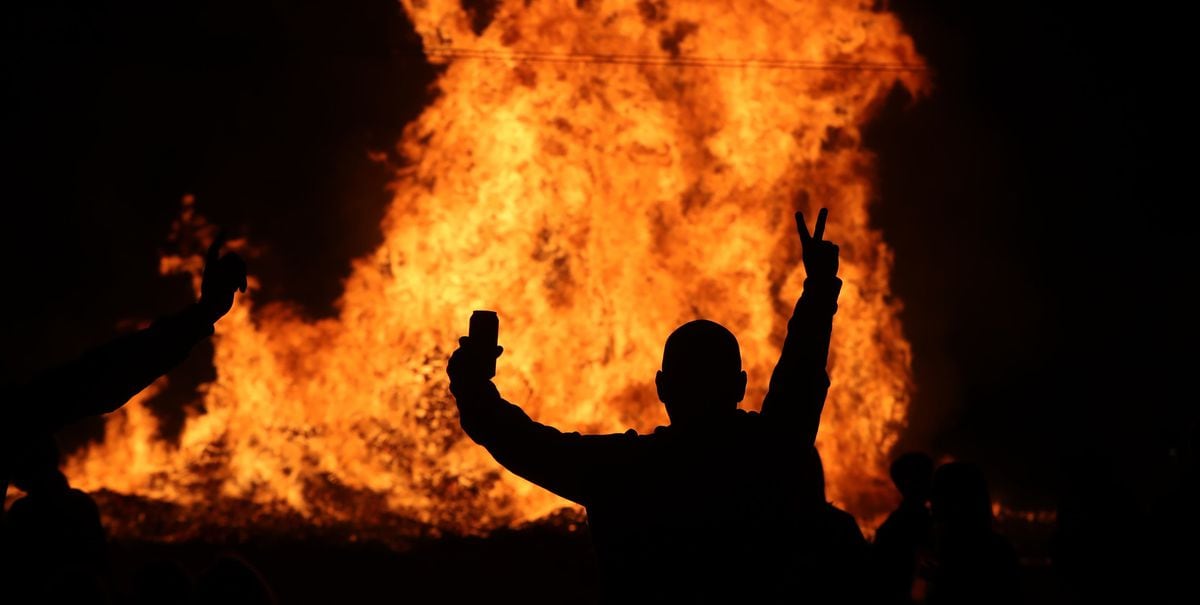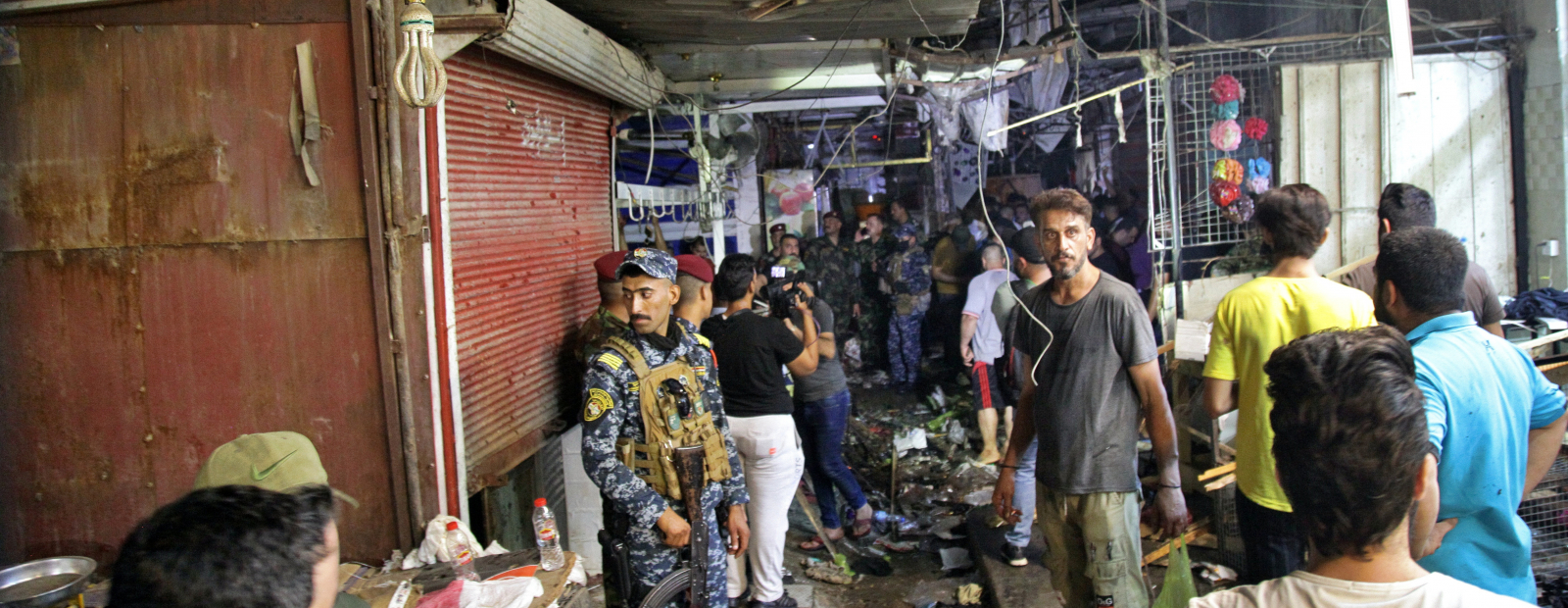It was Boris Johnson himself who, last week, defended in the House of Commons of the United Kingdom a proposal that sounded well-intentioned, but that has caused suspicion and rejection of the Northern Irish political formations and the Government of Dublin. The British Prime Minister announced his intention to promote a law that will prohibit the criminal investigation of all blood crimes that occurred before 1998 in Northern Ireland. Something that, according to him, “will allow this province to draw a line that leaves behind the years of the troubles (riots) ”, as the period of armed conflict and terrorism that lasted from the late sixties of the last century to that date is known.
“I have worked alongside the police for six years in Northern Ireland, and I have investigated terrorists at the head of the General Prosecutor’s Office,” said the leader of the Labor opposition, Keir Starmer, last Wednesday, during the government control session . “A total amnesty, which includes the terrorists, is a mistake. If we want things to move forward in Northern Ireland, the first thing to do is talk to the victims. Politicians in London cannot simply draw a line on terrorist offenses or other blood crimes and impose that decision on those who suffered the most, ”Starmer said.
More information
There is a widespread suspicion among major players in the delicate balance of sustaining peace in that region that Johnson is acting more concerned with pressure from the hard-wing Conservative Party than with an honest willingness to turn the page in Northern Ireland. Of the 1,130 cases that the police kept open at the end of 2019, 583 are allegedly attributed to the IRA, the republican terrorist organization; but 289 point directly to the British Army. The British right pledged, in its last electoral program, two years ago, to “end the vexatious legal demands that undermine the Armed Forces and impede their ability to fight wars,” on the grounds that the law that governs at times Peace cannot be the same as that in times of war.
If the new law goes ahead, it won’t be ready until the end of the year. And the Irish Government, a key part in forging peace with the 1998 Good Friday Agreement, has been conspired to avoid that clean slate pursued by Downing Street. “Someone needs to answer for the murders and the breaking of the law that took place during the time of the troubles”, Simon Coveney, the Irish Foreign Minister, has responded to the proposal. “Families deserve the truth and they deserve justice.”
The new law, finally announced last week in the British Parliament by the Minister for Northern Ireland Affairs, Brandon Lewis, would camouflage his claim for a general amnesty – “current and future generations would be condemned to a climate of division as they would not there would be reconciliation if the Government does not act ”, Lewis went on to say— with a series of compensatory measures.
A new commission of inquiry would be created to clarify what happened, similar to the Truth and Reconciliation Commission that South Africa launched after leaving behind the apartheid. And a project would be promoted to collect the oral history of decades of suffering. Although the new body, according to Lewis, would have free access to all official government documents that it requested, and the ability to collect the testimony of witnesses, the families of the victims doubt that anyone would have an interest in telling the truth if they are not subjected. to the coercive power of criminal law.
“The memory of the murders becomes cynically selective. Many conservatives, and the conservative press, want amnesty for British soldiers who shot unarmed civilians, but not for paramilitaries who did exactly the same, “denounces Irish journalist and writer Fintan O’Toole. “The Sinn Féin [durante décadas, el brazo político del IRA] denounces the impunity of those soldiers, but glorifies the mass killings of the IRA. Respectable Unionists point to Sinn Féin’s ambivalence, but give political credibility to the paramilitaries who caused sectarian deaths, ”he says.
Associations of victims’ families have expressed their anger at the announcement by the Johnson government, which has had the rare ability to elicit consensus from all Northern Ireland political parties and major humanitarian organizations. “Tell me, Prime Minister, if one of your loved ones had been destroyed to the point of not being recognized, or if you could only know that it was your son or daughter by fingerprints (…), would you be agreeable agreed that such an obscene law be promoted? ”, denounced Julie Hambleton. His sister Maxine was one of 21 people killed by an IRA bomb in a pub the Birmingham and 1974.
In an attempt to resuscitate the spirit that drove the Good Friday Agreement and to refresh an atmosphere that was beginning to heat up again, the Governments of Ireland and the United Kingdom, together with the main political forces of Northern Ireland, signed in 2014 the call House of Stormont Accord (the area of Belfast where the Autonomous Assembly building is located). When addressing the legacy of violence, they wanted to promote reconciliation, and place the victims and their families at the center of any decision, but also to respect “the rule of law” at all times. By tying the hands of the Northern Irish police and preventing them from carrying out their investigations, the Johnson government is willing to skip, once again, another of the commitments it signed around the most tormented region of the United Kingdom.
–


